Security agency G4S caught in pension row, EPFO asks it to cough up Rs 300 crore
Thu 16 Mar 2017, 08:24:10
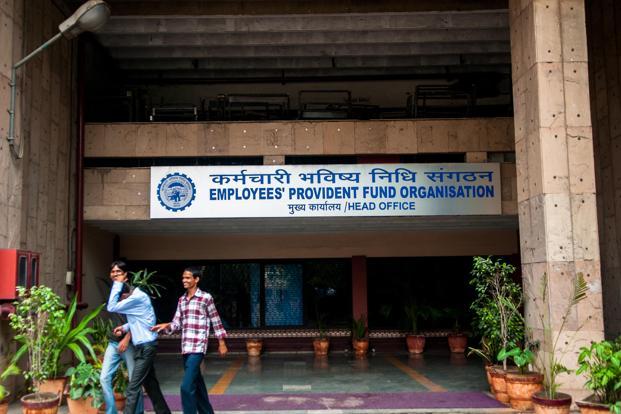
The Employee's Provident Fund Organization (EPFO) has ordered the country's leading private security agency G4S India to deposit Rs 300 crore after it concluded that the company deprived its workers of pension fund benefits worth that amount.
In its order last week, the pension fund manager said, "The establishment (G4S Secure Solutions (India) Private Ltd) has decidedly concealed the actual benefits payable by them to the workers with regard to their PF vis-à-vis the amount received by them from clients."
The company maintains it follows the law.
"G4S has always complied with the Employees' Provident Fund Organisation's rules and regulations.
With reference to the recent order passed by the Tribunal, we are reviewing the order to decide on our future course of action," said a G4S spokesperson, when contacted by HT regarding the allegations made by the EPFO.
G4S India is the subsidiary of G4S Global, a company listed in London and Copenhagen.
The Indian arm of the company employs more than 130,000 people and has operations across the country. Security solutions, event security, training and executive security are some of the services the
company provides.
company provides.
In one order, the EPFO has asked the G4S to deposit Rs 180 crore to the pension body in 15 days as dues of PF.
In another order, the appellate tribunal of the EPF has quashed the company's earlier petition and upheld that G4S has to deposit Rs 113 crore as PF dues.
The latest orders assume significance as private security agencies employ large scale manpower.
Experts believe the company still has the door open to appeal against the orders in the high court.
Non-payment of PF dues can land the people concerned in the G4S in jail and the EPFO authority can take other measures to recover the dues from the company.
A section of the employees had complained that the security company has deliberately split the wages of the workers to show lower salaries and thereby deposited lower PF even as they took full money from the clients.
In its order, the tribunal supported the workers and said, "The establishment was in a habit of charging full minimum wages without splitting and PF contributions thereupon from its clients, but the same was not allowed to its employees so the establishment is liable to pay the dues."
No Comments For This Post, Be first to write a Comment.
Most viewed from Business
AIMIM News
Latest Urdu News
Most Viewed
May 26, 2020
Where should be the burial of the pilgrims martyred in the Saudi Arabia bus accident?
Latest Videos View All
Like Us
Home
About Us
Advertise With Us
All Polls
Epaper Archives
Privacy Policy
Contact Us
Download Etemaad App
© 2025 Etemaad Daily News, All Rights Reserved.

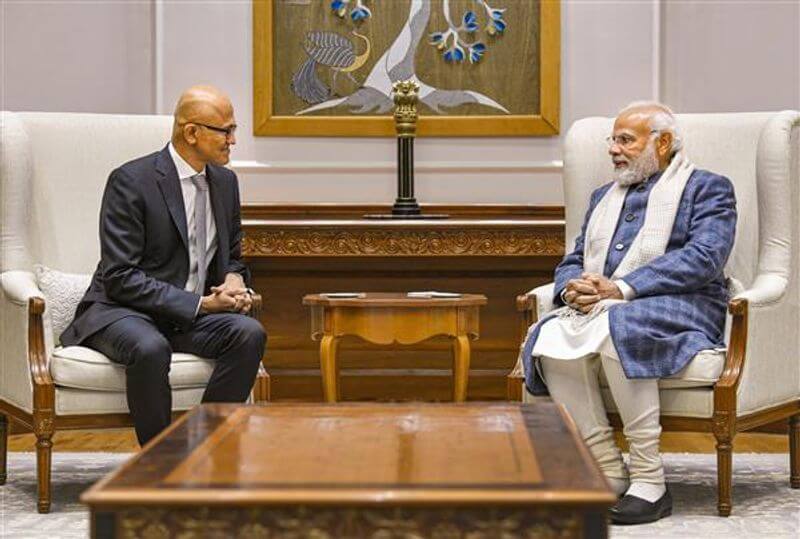

.jpg)
.jpg)


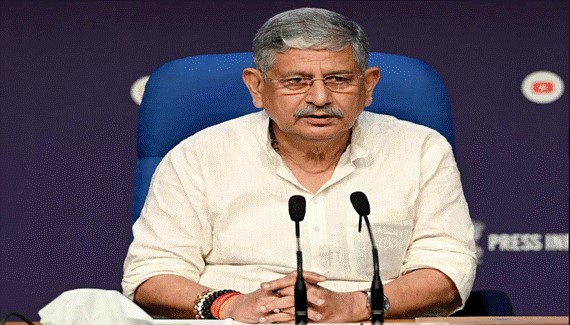

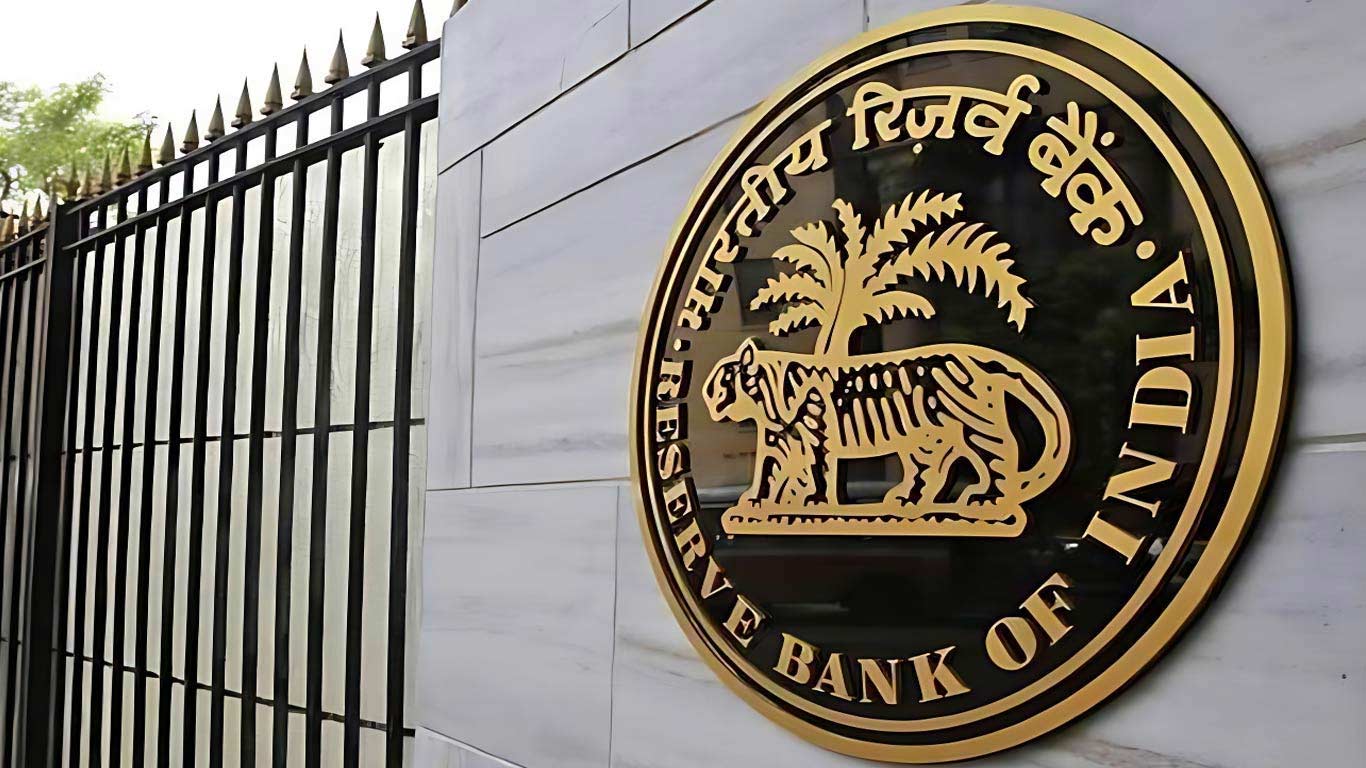














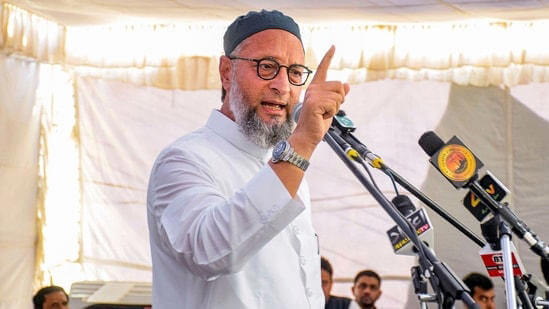
.jpg)
.jpg)
.jpg)


